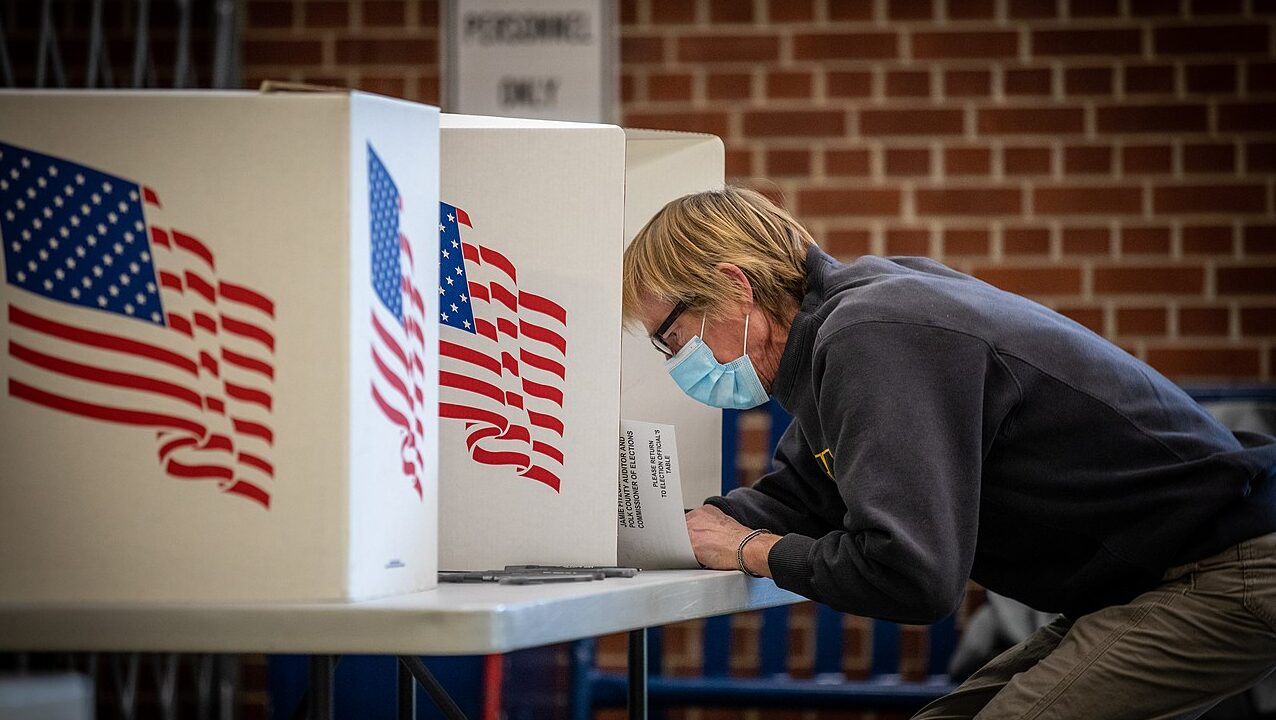Left-wing activists and Big Pharma joined forces to promote radical gender ideology in US hospitals.
How the Healthcare Equality Index is Pushing Hospitals Towards Pediatric Transition
Introduction
In 2019, Beth Rempe, a nurse at Children’s National Hospital in Washington, D.C., noticed a change in the hospital’s culture. Doctors were wearing pins sporting the transgender flag, and nurses were asking children for their preferred pronouns. The hospital was telling staff that people could change gender based on their “mood.” By 2022, Children’s National was requiring staffers to use a patient’s preferred pronouns, no questions asked. Worried the policy did more harm than good, Rempe asked for an exemption, which the hospital denied. She quit in early 2022.
The Healthcare Equality Index
The Healthcare Equality Index is the Human Rights Campaign’s scorecard for hospitals that purports to measure the “equity and inclusion of their LGBTQ+ patients.” The index, which uses a 100 point scale, is funded by Pfizer and PhRMA, the trade association that lobbies on behalf of large pharmaceutical companies. To earn a perfect score, hospitals must display LGBT symbols, solicit and use patients’ preferred pronouns, and conduct trainings on LGBT issues approved by the Human Rights Campaign. Hospitals can lose as many as 25 points for any behavior the Human Rights Campaign deems “discriminatory,” an expansive category that includes statements made by hospital doctors and policies that restrict access to gender medicine, including puberty blockers.
The Coercive Power of the Index
The index’s power has been turbocharged by the legal uncertainty around transgender issues. With no clear answer about what the law requires, the safest place to be is on the side of the civil rights crusade. Hospitals that do well on the index typically incorporate it into their marketing materials, issuing press releases about the quality of their LGBT care. Hospitals receive points for “community engagement” if they have “publicly supported LGBTQ+ equality under the law through taking action on local, state, or federal legislation or regulations.”
The Push for Pediatric Transition
Though U.S health authorities largely support the treatment model of gender-affirming care, their European counterparts do not. With rates of transgender identification skyrocketing among young people, especially girls, and amid mounting concerns about the long-term effects of puberty blockers and other treatments, medical bodies across Europe have moved away from the gender-affirming protocols they once championed, imposing new restrictions on pharmaceutical interventions and even urging caution on social affirmation.
The Minority Stress Theory
A running theme in the trainings is that transgender people’s high rates of mental illness are due solely to a lack of acceptance. This view, known as the minority stress theory, underpins many of the arguments in favor of on-demand gender affirmation. The training at Children’s National went so far as to suggest that using patients’ preferred pronouns reduces their risk of suicide, echoing the idea that social transition can be “lifesaving.” There is little evidence to support that claim.
The Future of Medical Conscience Rights
Now some Republican legislatures are seeking to strike back against the gender juggernaut. Missouri, Florida, Tennessee, Utah, and West Virginia are just some of the red states that have banned puberty blockers, cross-sex hormones, and gender surgeries for minors—measures that could force hospitals in those states to choose between violating the law or accepting a lower Healthcare Equality score. Hospitals hoping to avoid that choice have a strong incentive to get involved in the legislative fight over gender-affirming care.
" Conservative News Daily does not always share or support the views and opinions expressed here; they are just those of the writer."





Now loading...